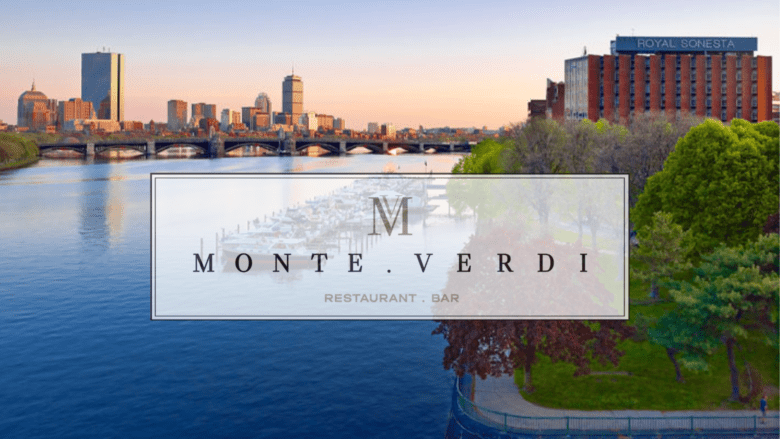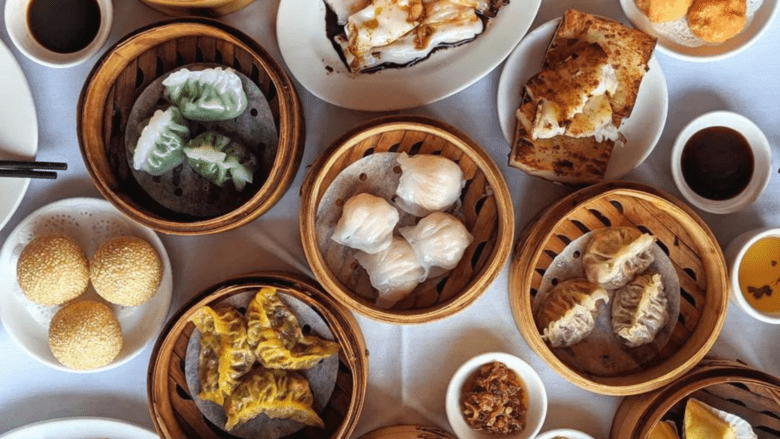With Clio’s closing on the horizon, local chefs who’ve passed through the swinging doors at the Commonwealth Ave spot reflect on the restaurant’s 19-year impact and the flavorful lessons learned from chef Ken Oringer.
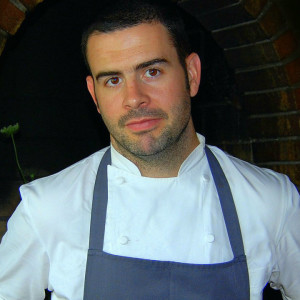 Chef Brendan Joy, Bondir
Chef Brendan Joy, Bondir
My time at Clio was an eye-opening experience and tore down the boundaries that you learn at culinary school. Some really great dishes came out of that kitchen while I was there: the halibut with the orange sauce is a classic dish, the suquet (a Catalan seafood stew) with morels and crab and fava beans was amazing. The main thing I took from working for chef Ken Oringer was that anything is possible, and to always try new things. Even if you taste them and fail, you have to always be learning.
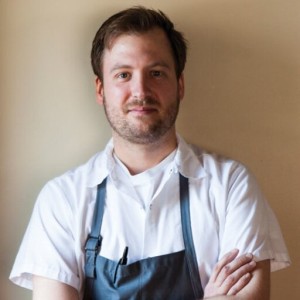 Chef Chris Gould, Central Provisions
Chef Chris Gould, Central Provisions
I worked at Clio from 2007 to 2012. I learned a lot from Ken—how to manage multiple outlets, how to be successful, and then how to manage that success. There’s more than just the cooking aspect of being a chef. It’s also about getting people excited about cooking, getting people to work with you and to work as hard as you do. It’s not something everyone can do. And he obviously taught me a lot about food and cooking. His brain works on another level than everybody else’s. First of all, his palate is amazing. He can taste minor things that most people cannot taste. You can train that to an extent, but it’s just his natural ability. And he travels a lot, so he has a lot of knowledge of other cuisines and has this ability to meld those together very well without making it confusing. The biggest thing I learned from him was the whole idea of global cuisine, and not being afraid of flavors.
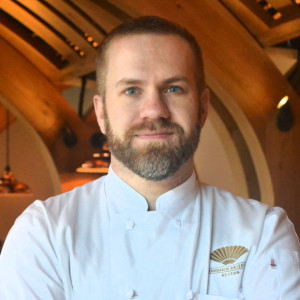 Chef Jonathan Kilroy, Bar Boulud
Chef Jonathan Kilroy, Bar Boulud
Clio was a tight-knit little kitchen, not a lot of people in there, so everyone had to pull their weight—there was an amazing amount of work you had to do because of the level that was expected from you. It was a great experience for a young cook especially. If Ken was getting intense, it wasn’t because he was mad about anything but the food—it had to be right and perfect. That was a huge lesson to learn. It was about the food at all times, that was it. That’s what we were doing.
Every once in a while, we’d get a box from Japan. It was sent from someone Ken knew over there without anything specific we’d asked for, just a whole sampling of things. We got to see what we could do with them. I remember giant barnacles coming in from off the coast of South America and we had to figure out how to deal with them. There were no instruction manuals. It was all trying to figure it out and make it perfect. Everyone was there for the same reason. You were never there a day not learning.
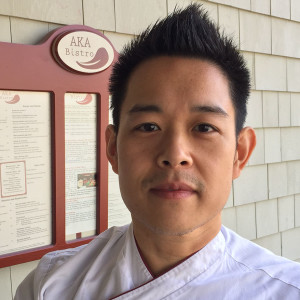 Chef Chris Chung, Aka Bistro
Chef Chris Chung, Aka Bistro
I learned a lot from Ken—not only cooking, but business-wise, how to run a restaurant. Clio is always challenging because it’s a small, tiny kitchen, and there’s two different restaurants (Uni and Clio) in one place. Ken is a good manager. He trusts good people, and it’s hard for a chef to trust others, to delegate to other people and let them do what they’re good at.
Christian Touche, Aka Bistro
It’s very emotional to think about that space closing. I met Ken in ’96 and we opened officially in June of 1997. Technically I was supposed to stay in the US for just two years. Twenty-three years later, I’m still here. People didn’t realize, and I think they will realize soon, Clio has been on the cutting edge the whole time. Clio was the first type of New York-style high end restaurant in Boston, using incredible, unusual ingredients and combinations of flavor nobody saw before. It was a damn good restaurant. Three days a week, Ken and I would go anywhere. We’d go to Jamaica Plain, we’d go to Chinatown and look at what the local people were buying. We’d say, “What is this? How do you prepare this?” We’d buy it, we’d bring it back to the restaurant and try it until Ken was satisfied with the presentation, the look, what was going on and then we’d put it on the menu as a special. People would say “Can I have this dish, with this? Can you ask the chef?” and I’d say “Can you ask Picasso to change his painting?” The chef is an artist—and that’s part of the trust. I knew what Ken was doing. I tried all the dishes with him.
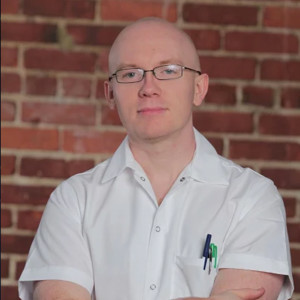 Chef Carey Dobies, Bokx 109
Chef Carey Dobies, Bokx 109
Clio was my first job out of college. Jumping into Clio was like grad school. It doesn’t matter where you come from, you start on garde manger. You start chopping citrus for your first six months there. You do little tasks. It was very humbling, and a lot of people couldn’t make it through that step. Always the same: chop citrus, then jump on your fry stuff, then chiffonades. I was doing that for six to eight months, every single day, no matter what. Ken’s motto was “You’re going to take out what you put in.” If you didn’t put in the effort, then it wasn’t done right and you’d never learn or grow. I think that was something that was so beautiful about Clio—you were doing something inventive and creative, and you were busting your ass doing it.
Ken would come up to you with three or four ingredients and tell you, “I want you to make this dish.” You’d taste it and ask, “How do these flavors work? Chef, I don’t get it. Why is this so good?” And Ken would say, “Look at the components and put it in your head. Tell me exactly what you have.” There was fat, an acid, some sort of seasoning. He’s like, “This is vinaigrette. You’re breaking down components and changing them.” I was blown away! You can take something as simple as a vinaigrette and turn it into something amazing.
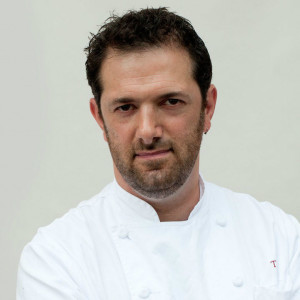 Chef Tony Maws, Craigie on Main, Kirkland Tap & Trotter
Chef Tony Maws, Craigie on Main, Kirkland Tap & Trotter
I started in the fall of ’98—I was living in San Francisco and I heard about this guy and was like,“Wow, you know, he’s doing something in Boston that I would definitely find in San Francisco, but it just hasn’t really ever been a conversation in the Boston area before.” I was intrigued by that. I flew back, and I just thought it was a perfect place for me at that stage of my career. Clio means a ton to me. In the beginning, we didn’t have a pastry chef or a butcher. We were doing all that stuff. All of us, meaning the five or six of us—there weren’t that many. We were extremely ambitious; it was a high octane kitchen. Clio not being part of the Boston dining scene is freaking me out. I respect Ken more than words, and I know he’s probably doing the best possible thing for the restaurant. But it’s very bizarre to think of Boston without Clio. And I’m sure some people had the same attachment when Jasper’s closed. I hope people recognize Clio in that same conversation because Ken deserves it. He changed the landscape.



